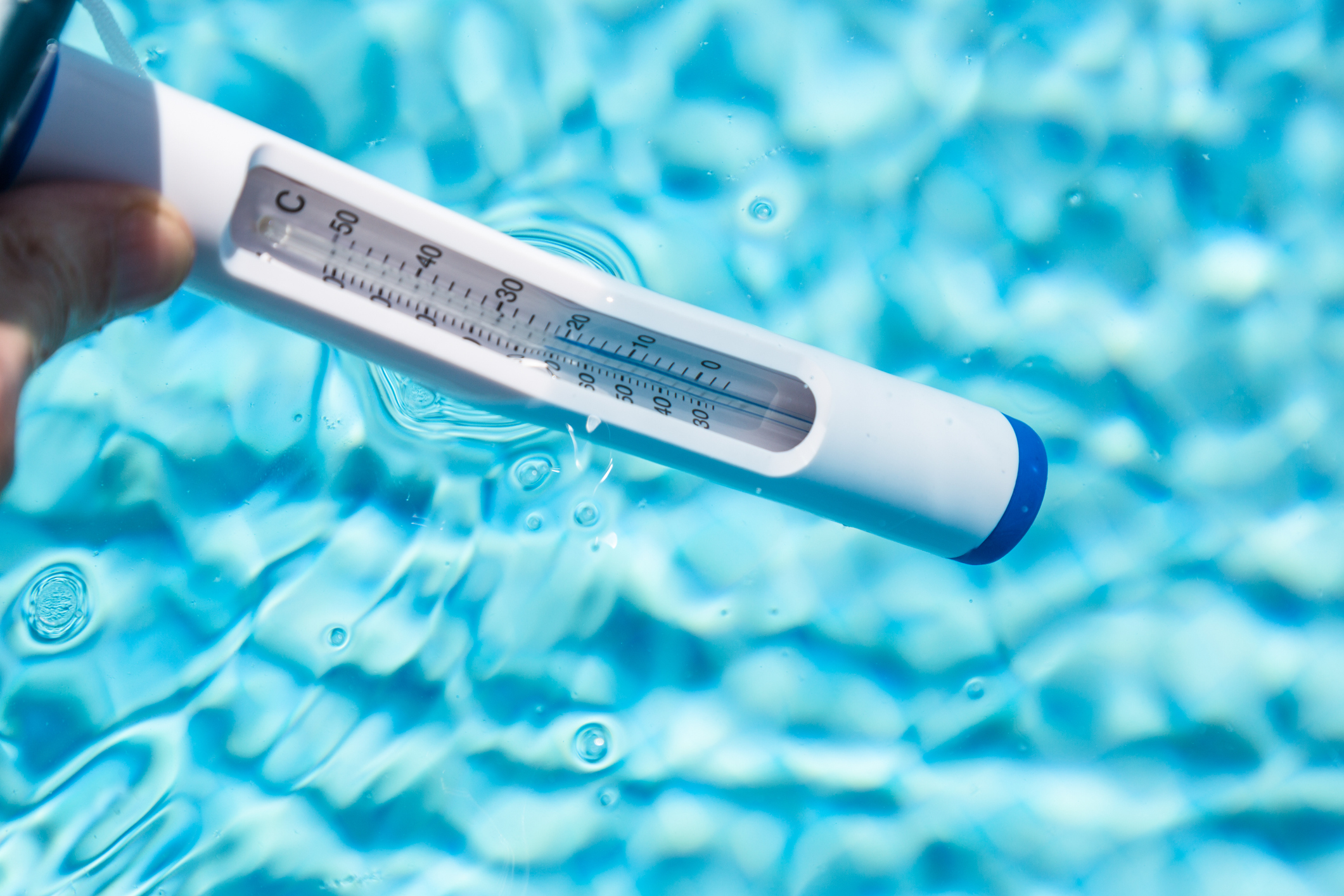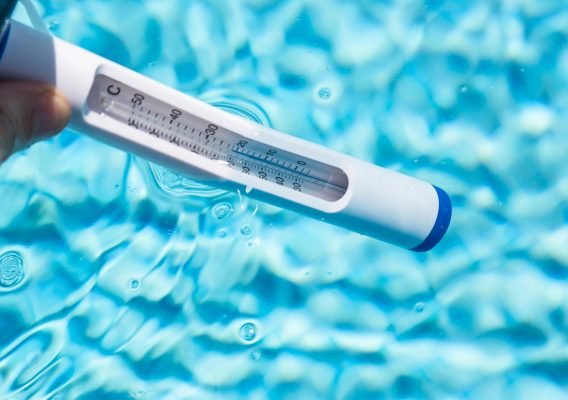
We are all anxious for sunny days by the pool, but all too often, those hot sunny days come before our pool water is warm enough to swim in. If the only thing preventing you from swimming as soon your pool is ready is chilly water, there is an easy to way to fix that.
Installing a swimming pool heater can give you nice warm pool water from May through September in climates like Connecticut where we are lucky to have June, July and August without a heated pool. You can literally add about 2 months of swimming time which almost doubles summer as we know it.
Different Methods for Heating an Inground Pool
Understanding the heating pool technologies available, how they work, energy usage and costs will help you to choose the right type of pool heater for you. There are basically three different methods of heating an inground pool:
- Gas pool heaters
- Electric heat pumps
- Solar swimming pool systems
Gas Pool Heaters
Gas pool heaters are one of the most popular methods to heat an inground pool and operate with natural gas or propane. One of the nice things about gas heaters is that they heat the water quickly which is desirable in areas like Connecticut where the seasons change quickly. We can have a 60° one day, and an 80° day the next. A gas heater does a good job of getting your pool water warm with about a day’s notice.
Gas pool heaters are the only type of pool heater that operate independent of the weather, they do not need warm outside air like an electric heat pump and they do not need sunshine like the solar heating system. There are many energy efficient gas pool heaters available now that work much more efficiently and for less money than the gas heaters in years past, although they are still more expensive to operate than electric heat pumps.
Electric Heat Pumps
An electric heat pump is another popular option for heating and inground pool and does a good job of maintaining your desired temperature. An electric heat pump is more of an initial investment but you save on monthly operation costs. The heat pump requires outside air temperature above 50° as it pulls in outside air, then heats it up with a small amount of energy to create a warm gas that heats your pool water. The heat pump works well and efficiently, although it might take a few days to get your water to your target temperature.
Solar Swimming Pool Heating Systems
A solar swimming pool heater is the most energy efficient method of heating an inground pool although performance relies on your climate and the amount of sun exposure.
Regardless of the type of pool heater system that you use, a solar cover should always be used in addition to any other type of pool heating technology. One of the greatest causes of heat loss is due to evaporation. Keeping your pool covered when not in use and especially at night will help to minimize evaporation and maintain a warmer pool water temperature.
Considerations for Heating Inground Pools
The type of pool heater that you choose will depend on several different factors. Some considerations when evaluating inground pool heaters include:
- Your climate and length of your swimming season
- How you want to use it, to heat up water quickly or just maintain a steady temperature
- The size of your pool and how much water it holds
- Sun exposure on your pool
- Wind exposure which plays a big role in surface evaporation
You should always consult with a swimming pool professional before selecting a pool heater. The Swimming Pool Store in Connecticut offers Pool Heater Consultations to help evaluate your specific considerations compared to the types of heating pool technology available.
The Swimming Pool Store has been providing professional swimming pool services for more than 52 years. We use a pool heater calculator to help determine the best system for your pool and offer quality pool heaters, installation, and maintenance. Contact us to learn more about choosing the best method for heating and inground pool.


